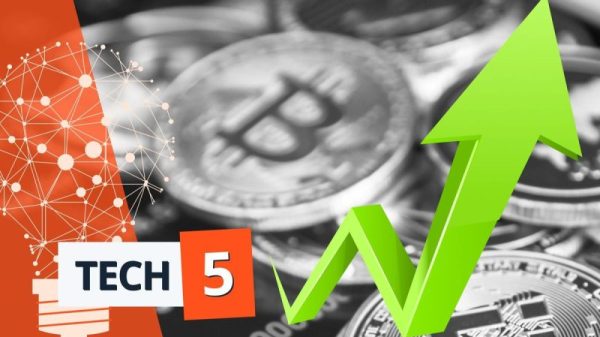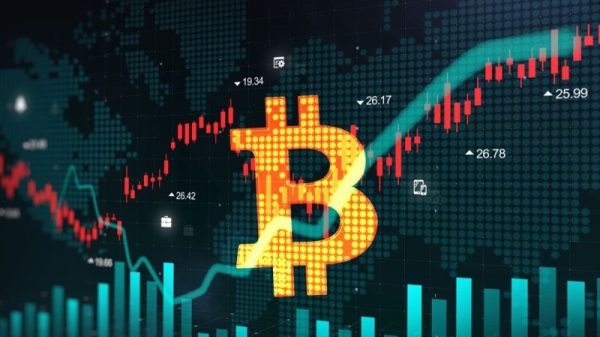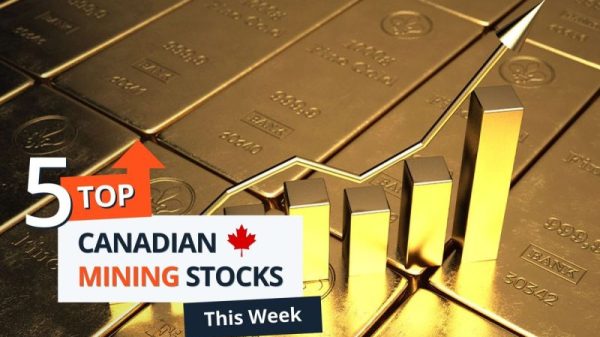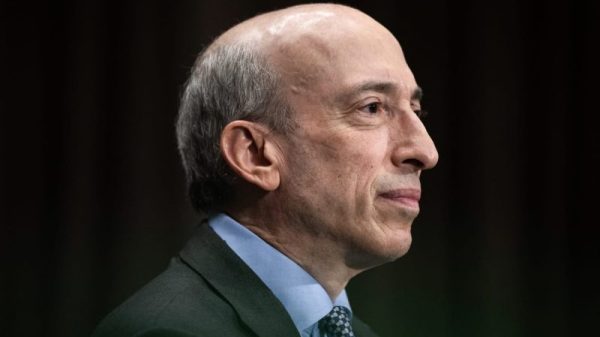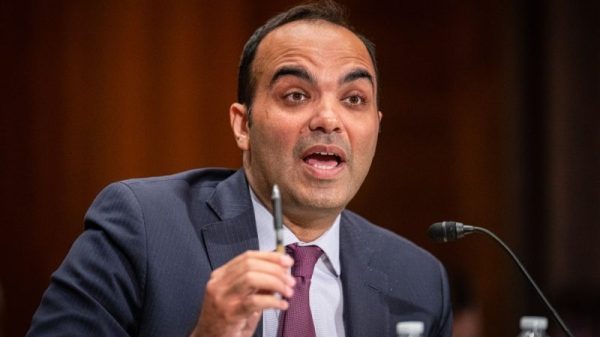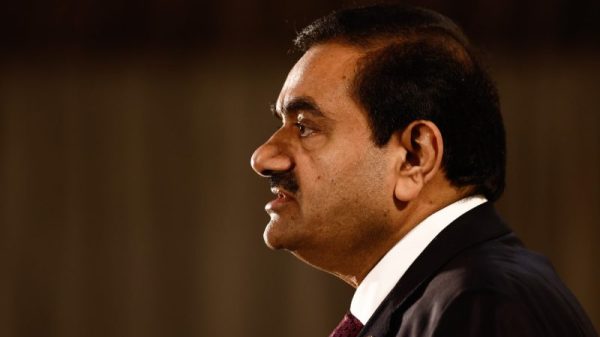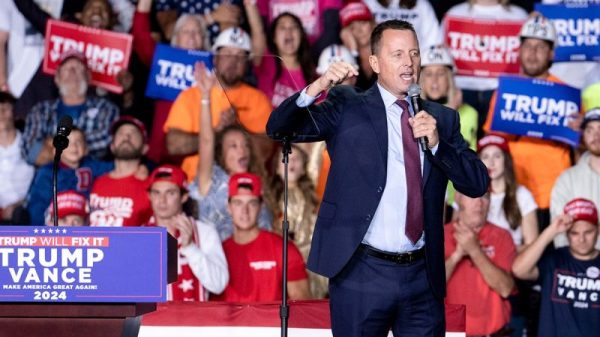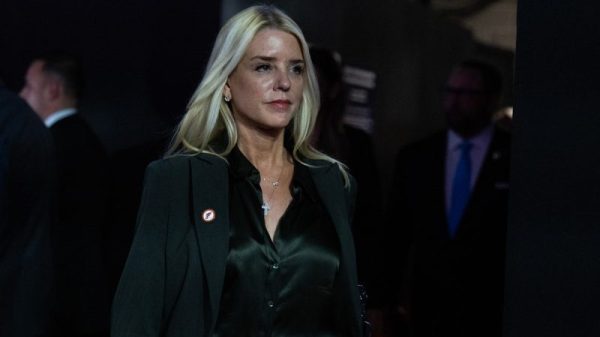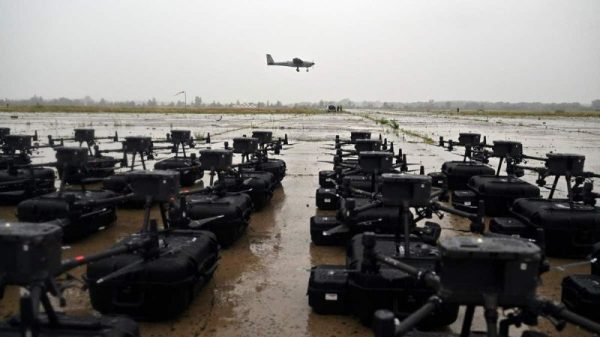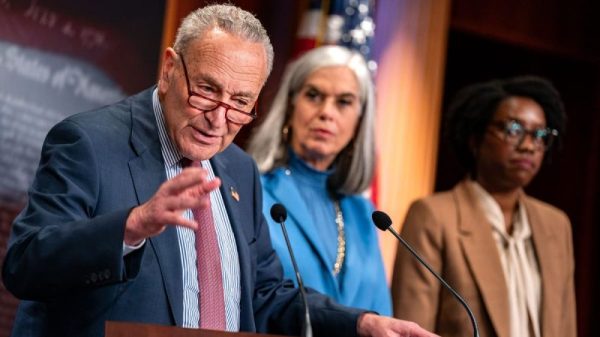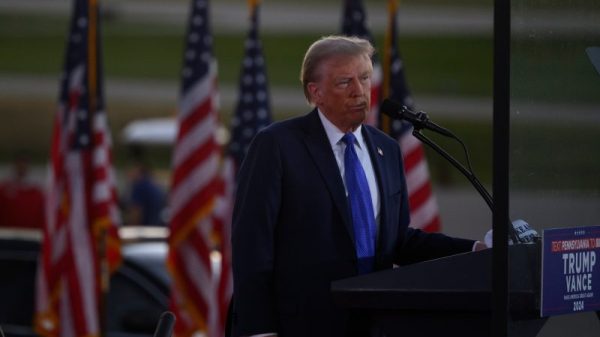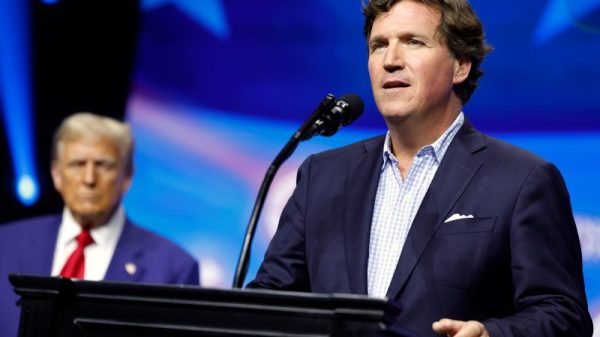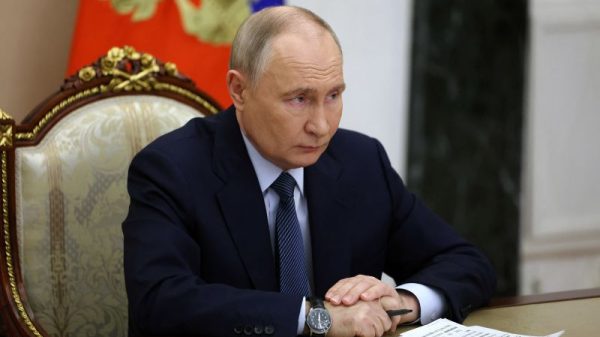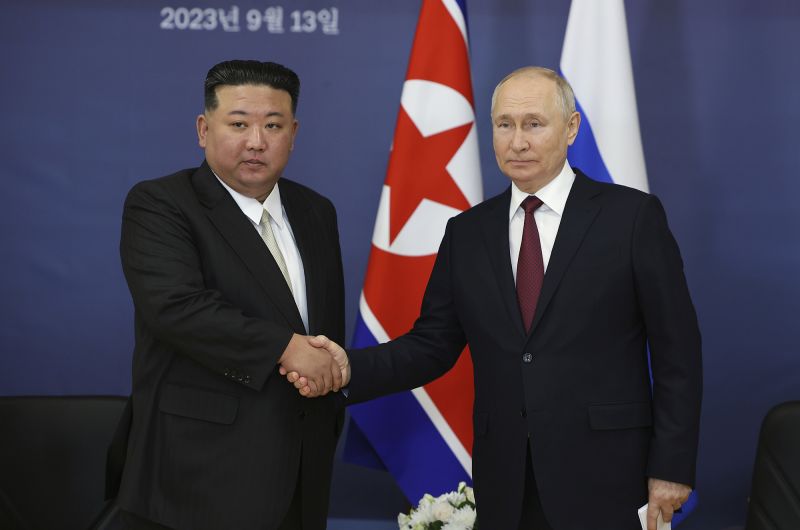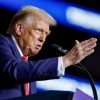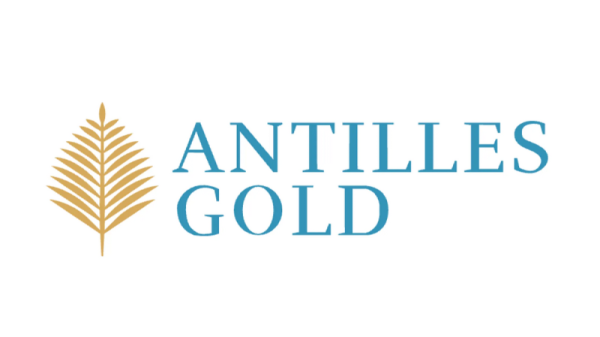A rare meeting between Russia’s Vladimir Putin and North Korea’s Kim Jong Un at a space launch center in the Russian Far East earlier this week has triggered alarm from countries from South Korea and Japan to Ukraine, the United States and its partners in Europe.
But China, the biggest economic lifeline for both Moscow and Pyongyang whose border lies less than 200 miles (321 kilometers) from where the two leaders met, may have a different view.
Rather than look to oppose or limit cooperation between Russia and North Korea, Beijing may see more benefits than risks for itself in this emerging axis, analysts say – particularly in regard to its great power rivalry with the US.
And while it’s unclear exactly how much insight Chinese officials have into negotiations between North Korea and Russia, analysts say the meeting itself may not have gone forward with some level of consideration of China’s ties to the two.
“(Given) the importance of the support that China provides to both, China is of course looming in the background,” said Alexander Korolev, a senior lecturer in Politics and International Relations at the University of New South Wales in Australia.
“China is too important for both North Korea and Russia, so for them it would be foolish to do something behind China’s back that it wouldn’t like,” he said. “The China factor is there.”
‘Between the two countries’
Neither North Korea or Russia has released details of any agreements reached during the more than five hours Putin and Kim spent together during a tour of the Vostochny Cosmodrome, closed-door talks, and a lavish state dinner – where both leaders toasted to their countries’ growing friendship.
But observers say it’s clear what each is looking for from the other.
Moscow is desperate for fresh supplies of ammunition and shells to feed what’s become a war of attrition in Ukraine – and Pyongyang is believed to be sitting on a stockpile. Pyongyang, after years of sanctions over its nuclear weapon and missiles program, is in need of everything from energy to food to military technology – all of which Russia has.
To be sure, North Korea potentially pumping munitions into Russia could raise awkward optics for China, which accounts for the vast majority of North Korea’s trade and remains Russia’s most powerful diplomatic partner after its Ukraine invasion.
The international community has long looked to Beijing to exert pressure over its government to follow the rules.
And in recent months Beijing has been at pains to frame itself as a proponent of peace in the conflict in Ukraine – part of a bid to win back lost goodwill in Europe, which has recoiled over Beijing’s decision to continue to strengthen its ties with Russia despite its war.
Beijing has already signaled what its official response to any military cooperation between the two would be, with its Foreign Ministry this week repeatedly telling reporters that Wednesday’s meeting was “between the two countries” – implying it’s not China’s business.
But while China itself has appeared careful to avoid any large-scale military support of Russia, analysts say it may see potential support from North Korea as a boost to its own geopolitical calculus, where Russia remains a crucial partner amid rising tensions with the West.
“(If) North Korea is really prepared to provide ammunition to Russia, it would be good for the Chinese expectation that Russia doesn’t experience a major military defeat in the battlefield in Ukraine,” said Li Mingjiang, an associate professor of international relations at Singapore’s Nanyang Technological University.
“In that respect, it’s good for China’s geopolitical interests … in terms of China and Russia on the one hand and Western countries on the other,” he said.
Balance of power
China, which supported communist North Korea in the Korean War some 70 years ago, has maintained a complicated relationship with its rogue neighbor.
Like Russia, it has backed past United Nations sanctions against North Korea’s weapons programs – though it’s also been accused of practicing an arbitrary implementation of these controls and in recent years has blocked efforts to strengthen sanctions and led efforts to ease them.
Now, as China feels constrained by what it sees as an increasingly hostile US and its allies, it may welcome a stronger coordination with both Russia and North Korea as counterweights, analysts say.
In that vein, a shift in the relationship between Russia and North Korea which sees Moscow lending support to Pyongyang could also take pressure off China – and strengthen its position in the region.
“China would support a more capable North Korea in many respects – economically, militarily – and a North Korea that continues to serve as a troublemaker for the US,” said Li.
One reason? “When you have a more assertive North Korea it will lead to some sort of incentive for the US and South Korea to seek China’s cooperation in terms of dealing with North Korea,” he said.
Meanwhile, mutual support between the two sanctions-hit neighbors could mitigate international pressure on China over its strong ties to both.
“Since China is not the sole supporter of either, it reduces China’s isolation for its support of both,” Yun Sun, director of the China Program at the Stimson Center think tank in Washington, who said that while their tightening of ties is not without drawbacks for Beijing, its leaders would still likely see this as a “net gain.”
Even a transfer of military technology from Russia to North Korea, which may be concerning to China given its interests in regional stability, may have a silver lining, according to Sun.
China has a stake in avoiding seeing tensions between North Korea and US-allied South Korea escalate into conflict, which could spark to an influx of refugees across its own borders — as well as American military response.
“Such a (military technology) transfer will be destabilizing for the region, but China will turn the table and blame the US and its allies for pushing both Russia and North Korea in a corner. This reinforces China’s opposition to the ‘Asian NATO’ it sees US as orchestrating,” she said.
But despite the potential gains, experts also say China is not immune to the risks that can come from a stronger Russia or a stronger North Korea.
“Beijing has a large stake in global trade,” said Leif-Eric Easley, a professor at Ewha University in Seoul.
“(It) can ill afford collateral damage from destabilizing pariah state behavior, such as the invasion of Ukraine and habitually threatening the use of nuclear weapons,” he said.

